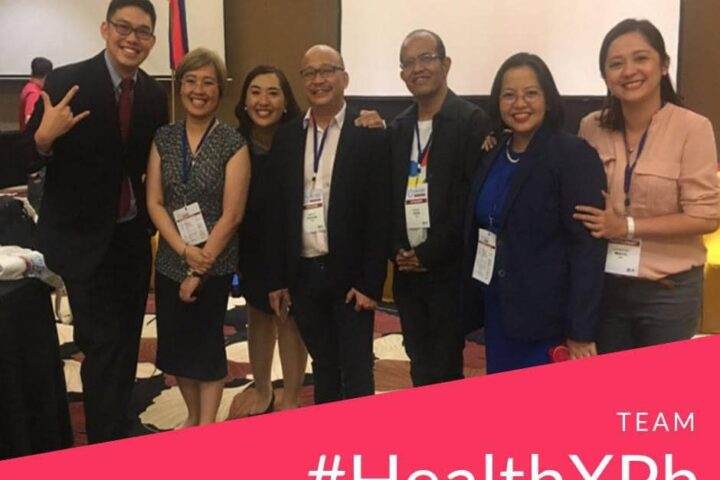Does generational learning stereotypes affect graduate medical education?
Consider these medical educator- medical student thoughts:
Medical Educator: Some of this generation’s medical students lack interest and commitment to their medical training. With all the health information inside their laptops and tablets, they find it hard to answer my questions confidently.
Gen X student: I hate professor A! He expects us to read chapters in our textbook, do research on the side, while simultaneously go on clinical duty 48 hours a week!
First observation is common among medical educators, although local documented research on this is lacking. Observation number two is a common complaint among medical students, often perceived as lack of interest by many health educators.
Meyer and Weiner in 2002 Journal of American Medical Education pointed this out:
Empirical evidence shows that college students are becoming less interested in attending medical school. The number of applicants to medical schools in the United States has dropped approximately 20% during the last 10 years.
In short, unless new research would point to otherwise, generational stereotypes do (negatively?) affect learning in graduate medical education.
There are many ways to develop and improve a medical curriculum. I am only familiar with Kern’s Six Step approach(in picture below) to curriculum development for medical education. (Here’s a link to the book at Amazon. See disclosure).

A health educations study applying Kern’s six step is discussed in this article. Here is a more detailed presentation of Kern’s Six Step to developing med ed curriculum by Joanne Lynn, MD, MPH Department of Neurology, Associate Dean of Student Life Ohio State University Wexner Medical Center. Suffice to say, there are hundred of ways to address the generational learning stereotypes in medical education. It’s never easy, but it can be done says. Dr. Lynn.
Natalie May of St. Emelyn’s Emergency Medicine #FOAMed sums up beautifully in post, the generational stereotypes ( she called “challenges in medical curriculum”) and the corresponding learning environment adjustments we can make to address these challenges.
Yes, of course it’s exhausting and hard work to rethink our education strategies – it’s much easier to stick up a two hundred slide lecture and read it from the screen but we owe the next generation of doctors more than this. And if we stick to teaching the way that worked for us, we are forcing them to do the hard work of trying to fit into our schema – and isn’t that against the very essence of education?
In one tweetchat episode (Residency Training in a Millenial World) hosted by Dr. Helen Madamba, a medical educator herself, we also tackled generational learner stereotypes among residents of a training program. In this Saturday’s edition of #HealthXPh chat, we dig deeper into the medical curriculum and discuss possible solutions to this challenge. Our guiding questions are:
- T1. As a healthcare student or healthcare professional, do you believe generational stereotypes affect learning in medical education? Why?
- T2. Does your institution’s medical curriculum acknowledge these generational stereotypes exist and have done steps to address it? How?
- T3. Which of Kern’s Six Step approach do you think is the best step to intervene and address this challenge? Least? Why?
Please give your final thoughts after discussing these Qs.
Join us this Saturday July 8, 2017 9PM Manila time as #HealthXPh discuss generational learner stereotypes on #healthXPh twitter chat!
Join #healthXPH Sat Jul 8 9PM Mla time discuss/ address generational #meded learning stereotypes https://t.co/Tz921PQr1K @healthxph
— HealthXPh (@HealthXPh) July 7, 2017
#meded #healthed #healthprofed #medicaleducation
( Disclosure: The author used an Amazon affiliate link for one of the book cited in this post.)
References:
- Meyer AA, Weiner TM. The Generation GapPerspectives of a Program Director. Arch Surg. 2002;137(3):268-270. doi:10.1001/archsurg.137.3.268
- Kern DE, Thomas PA, Hughes MT. Curriculum Development for Medical Education: A Six‑Step Approach. 2nd ed. Baltimore, MD: The John’s Hopkins University Press; 2009.
- Sweet LR, Palazzi DL. Application of Kern’s Six-step approach to curriculum development by global health residents. Educ Health 2015;28:138-41.
- Natalie May.”Generation Why – Challenges in Medical Education at #NSWMET”. August 10, 2016. Blog : St.Emlyn’s Emergency Medicine #FOAMed
If you haven’t subscribe to this blog yet, please do so here: Cast and Curious values your privacy.











